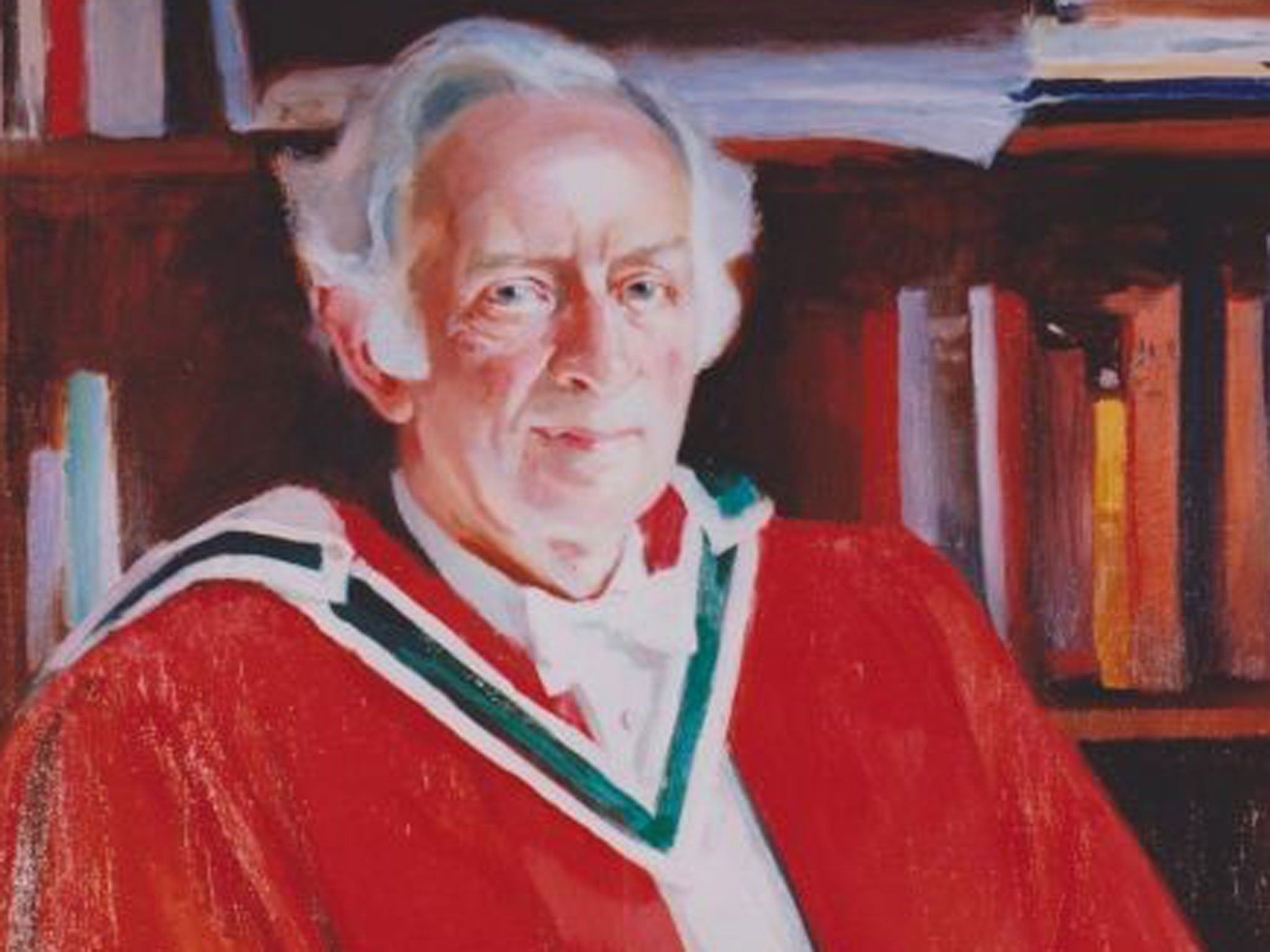Professor Peter Walsh: Authority in medieval Latin

Your support helps us to tell the story
From reproductive rights to climate change to Big Tech, The Independent is on the ground when the story is developing. Whether it's investigating the financials of Elon Musk's pro-Trump PAC or producing our latest documentary, 'The A Word', which shines a light on the American women fighting for reproductive rights, we know how important it is to parse out the facts from the messaging.
At such a critical moment in US history, we need reporters on the ground. Your donation allows us to keep sending journalists to speak to both sides of the story.
The Independent is trusted by Americans across the entire political spectrum. And unlike many other quality news outlets, we choose not to lock Americans out of our reporting and analysis with paywalls. We believe quality journalism should be available to everyone, paid for by those who can afford it.
Your support makes all the difference.One of that generation of post-war intellectuals who rose to the top of the academic tree in spite of humble childhood circumstances, Peter Walsh was a Latinist of huge range – the author of definitive studies of texts from the classical period, but also a scholar and translator who specialised in medieval Latin.
PG Walsh was born Patrick Walsh in Accrington, Lancashire in 1923. He disliked the name, opting for Peter instead, even though he had a brother of the same name. His father, also Peter, worked in menial jobs and his family of 11 shared a two-up, two down house. Walsh won scholarships to Preston Catholic College and then to Liverpool University, where he took a First in Classics.
After service in Italy and Palestine in the Intelligence Corps (to which he was transferred after recording the lowest ever score in RAF practical tests) he taught in the universities of Dublin, Edinburgh, and Glasgow, where he was appointed Professor of Humanity in 1972. By now he had already published two revolutionary works of classical criticism – Livy (1961) and The Roman Novel (1970).
He was also an accomplished medievalist. On being appointed to a personal chair at Edinburgh his inaugural lecture was on the earthy love lyrics of Carmina Burana, and he also produced an important edition of Capellanus’s The Art of Courtly Love. He enjoyed spells as a visiting professor at Toronto, Yale, North Carolina and Georgetown, often lecturing on anti-feminism in the literature of the period.
Influenced by his father, who had had a mystical experience after being wounded at the Somme, Walsh was a devout Catholic. This was one reason for his interest in patristic writers such as St Paulinus, St Thomas Aquinas and St Augustine. He received a papal decoration for this work.
In his retirement, he lived happily with Eileen, his wife of nearly 60 years. His work rate did not drop. He translated The Golden Ass, The Satyricon and several other texts for the Oxford World’s Classics and undertook a new version of Augustine’s gigantic The City of God for Oxbow Books.
He completed 16 of the 22 books before the effects of Parkinson’s Disease weakened him. He was at his desk on the day before his death, however, and was thrilled by the generous international warmth that greeted Harvard’s publication of his anthology of Latin hymns. He was widely known as an inspiring teacher, a generous friend, a supportive colleague, and a gentle paterfamilias. He is survived by his wife, five children and 18 grandchildren.
Patrick Gerard Walsh, academic: born Accrington, Lancashire 16 August 1923; married Eileen (five children); died 16 January 2013.
Join our commenting forum
Join thought-provoking conversations, follow other Independent readers and see their replies
Comments